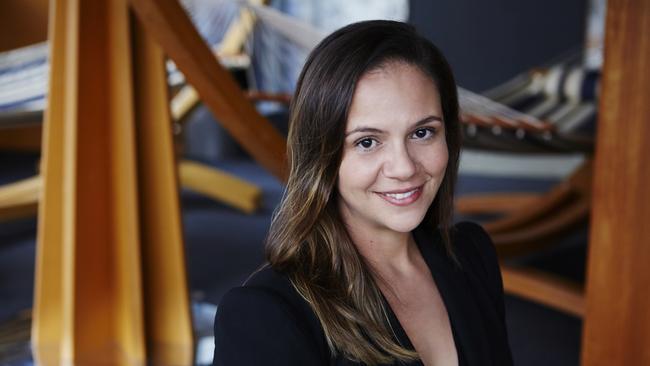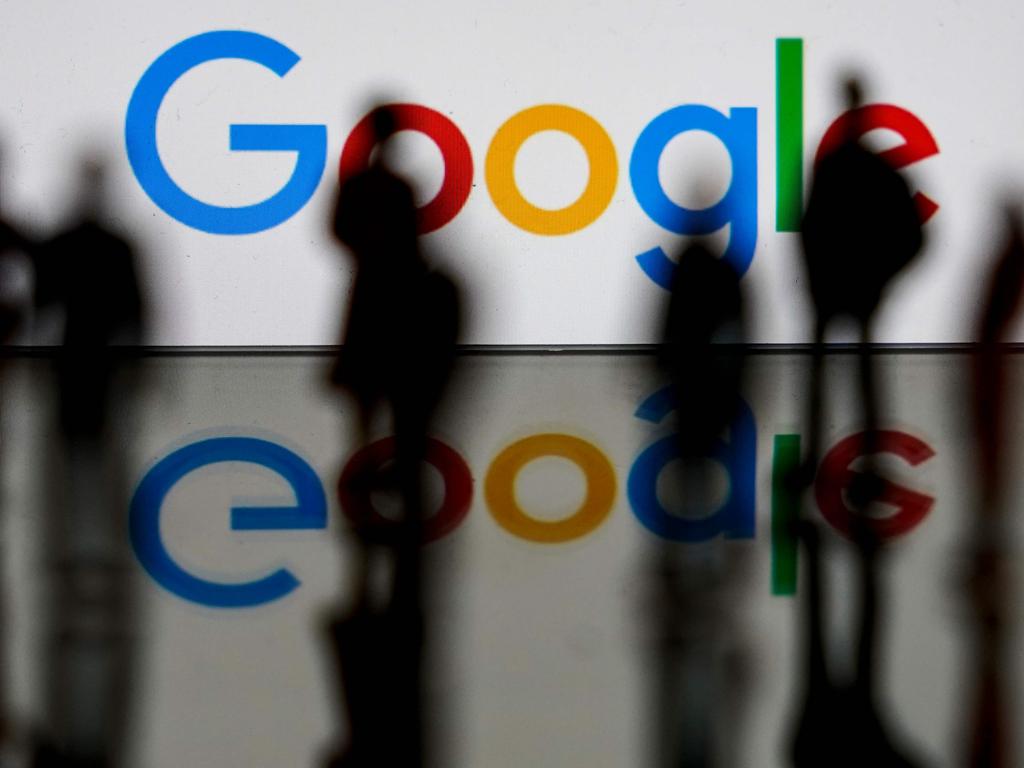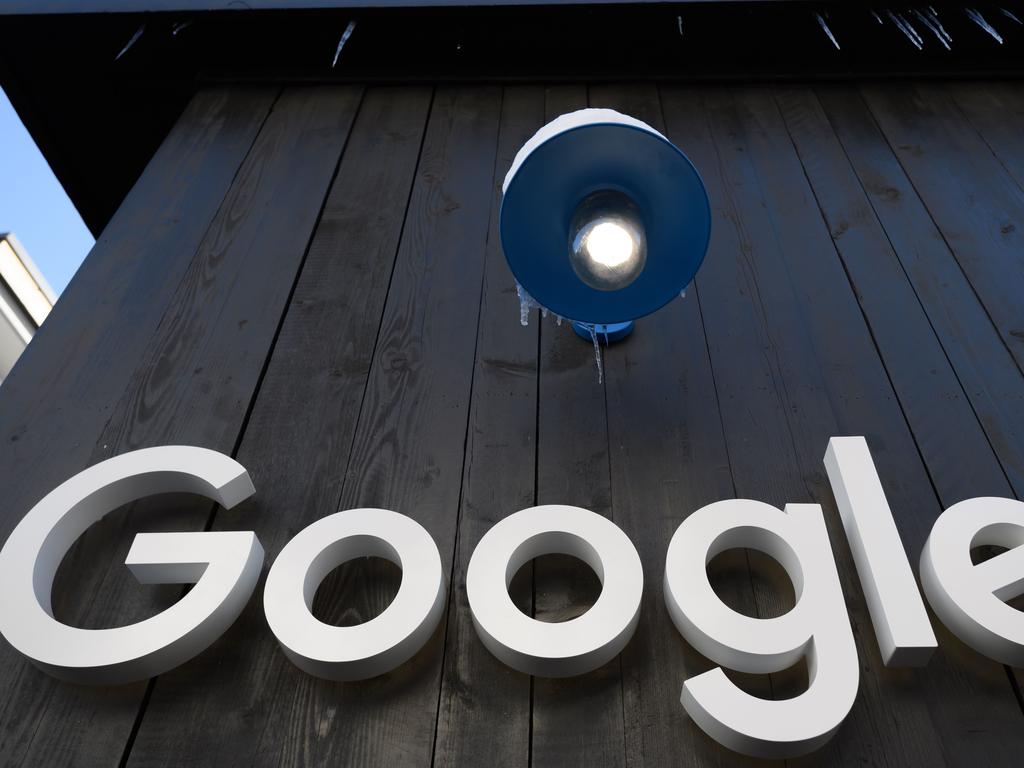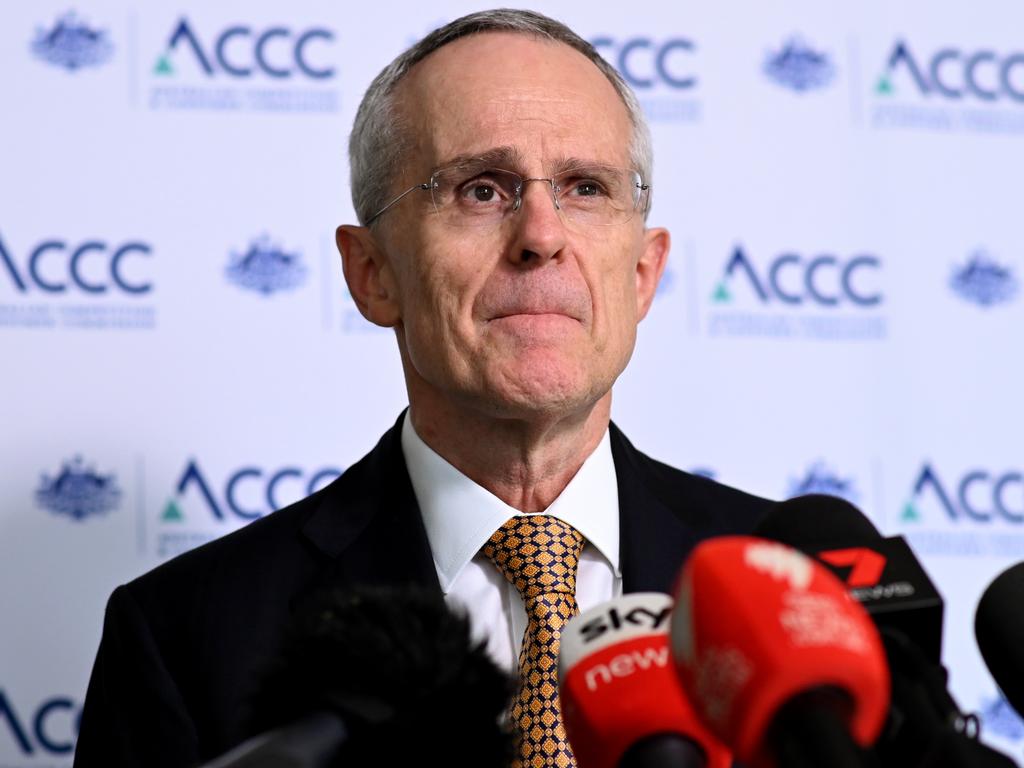Google still wants Australian news partners
Google hopes its $1bn News Showcase program can soon come to Australia, despite the clash over an ‘unworkable’ media code.

Google’s local boss says she hopes the company’s $1bn News Showcase program can soon come to Australia, despite the tech giant’s ongoing threats to leave the Australian market over an “unworkable” media bargaining code.
Google said it would pay publishers more than $US1bn over the next three years to licence content for Google News Showcase, which will display story panels, images and summaries of news content.
The product is launching first in Germany and Brazil, and Google is in talks with publishers in other countries including the US. The company has signed agreements with nearly 200 publications.
Australia would have been one of the first markets to feature the program were it not for the pending media bargaining legislation, Google Australia and New Zealand managing director Mel Silva told The Australian.
“Australia was one of the first countries in the world where we signed agreements with publishers to participate in News Showcase and we were in discussions with many more,” she said.
“As we’ve previously said, as we work to understand the impacts of the news media bargaining code on partnerships and products, we have put this project on pause for now.
“Although our concerns about the code are serious, we hope they can be resolved so we can bring News Showcase to Australia soon, as we believe the program will help publishers grow their audience and contribute towards the overall sustainability of our Australian news partners.”
The ACCC described Google’s move as positive for a working relationship between the tech giants and publishers. “We are aware of a number of voluntary commercial arrangements offered by the large platforms in Australia and elsewhere which involve payment for news content.
“We note that the timing of these offers appears to coincide with increased government scrutiny both in Australia and overseas,” Mr Sims said.
“The news media bargaining code is designed to encourage good faith, commercial negotiations between news media businesses and platforms. The objective is commercial, not one-sided, outcomes.”
He added the ACCC is working with Treasury to deliver a revised news media bargaining code to government this month. “We are considering submissions and taking broad feedback into account,” Mr Sims said.
A Google source added that the fact that Australia was one of the first countries in the world to sign these deals showed that it was very keen to bring News Showcase here, and hoped the issues were sorted shortly.
News Corp chief executive Robert Thomson said in a statement, “We applaud Google’s recognition of a premium for premium journalism and the understanding that the editorial ecosystem has been dysfunctional, verging on dystopian. There are complex negotiations ahead but the principle and the precedent are now established.”
Ms Silva has previously said that Google might be forced to stop updating its search engine in Australia and that Australians would “get a worse version of Google” if the code goes ahead.
As The Australian previously reported, the legislation is set to be introduced to parliament by the end of the year. The code of conduct is aimed at governing negotiations between media companies and the digital platforms, compensating the media companies for their content used by Google and Facebook.
Communications Minister Paul Fletcher told The Australian on Tuesday “our plan is to have the legislation introduced into parliament by the end of this calendar year”.
One major sticking point for Google is the draft code‘s use of final-offer arbitration, also known as ’baseball arbitration’ which would force an independent arbitrator to select in its entirety one of the parties’ proposals.
“Clearly, both sides have very different ideas of what the prices should be — and asking the arbitrator to pick a ‘final offer’ is an extreme way of resolving that,” Ms Silva said in a blog post.
“The reality is that baseball arbitration often fails and doesn’t produce quick outcomes.
“This system is usually put in place if there’s not much dispute over the value of the product or service being discussed and the parties are already close in price.
“But with the media code, some of the amounts being suggested by news businesses about how much we should pay to provide links to their stories defy commercial reality.”







To join the conversation, please log in. Don't have an account? Register
Join the conversation, you are commenting as Logout